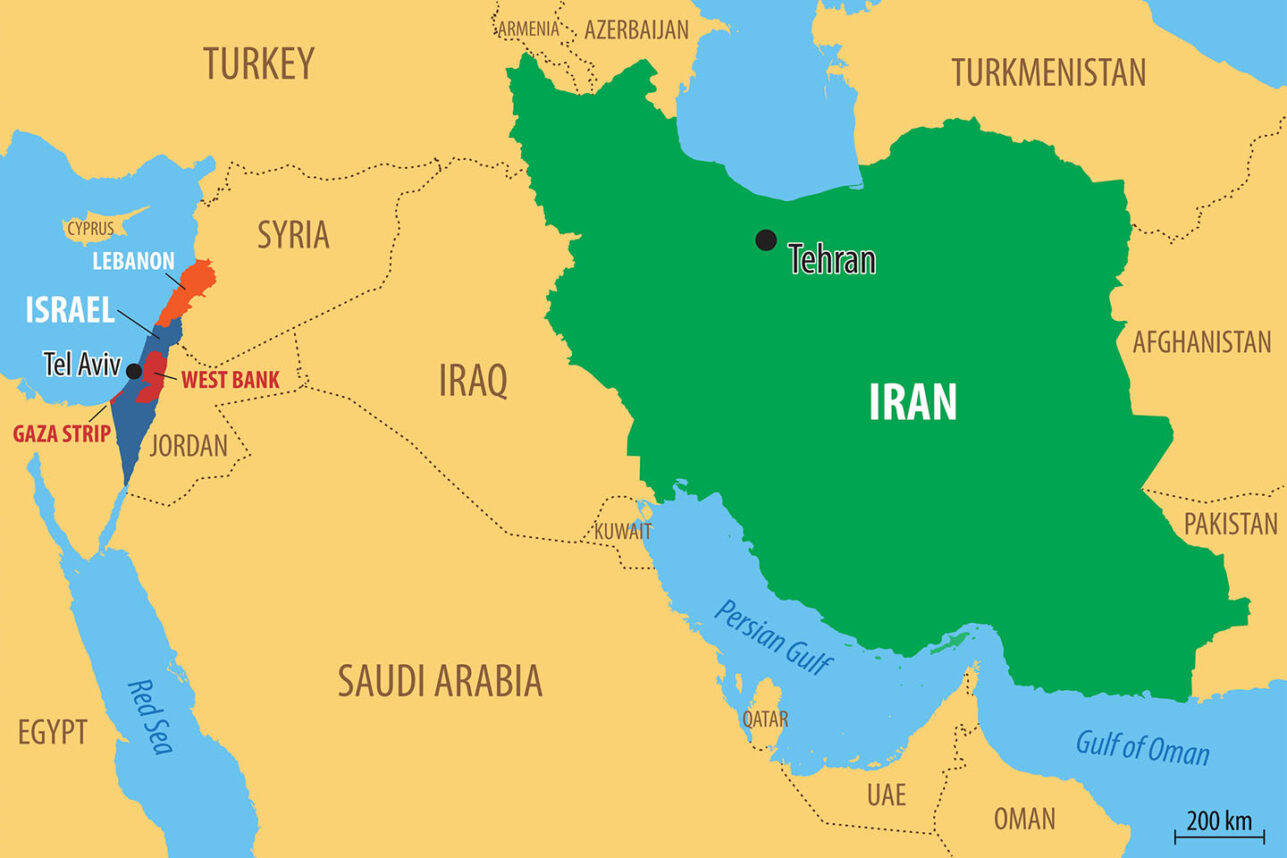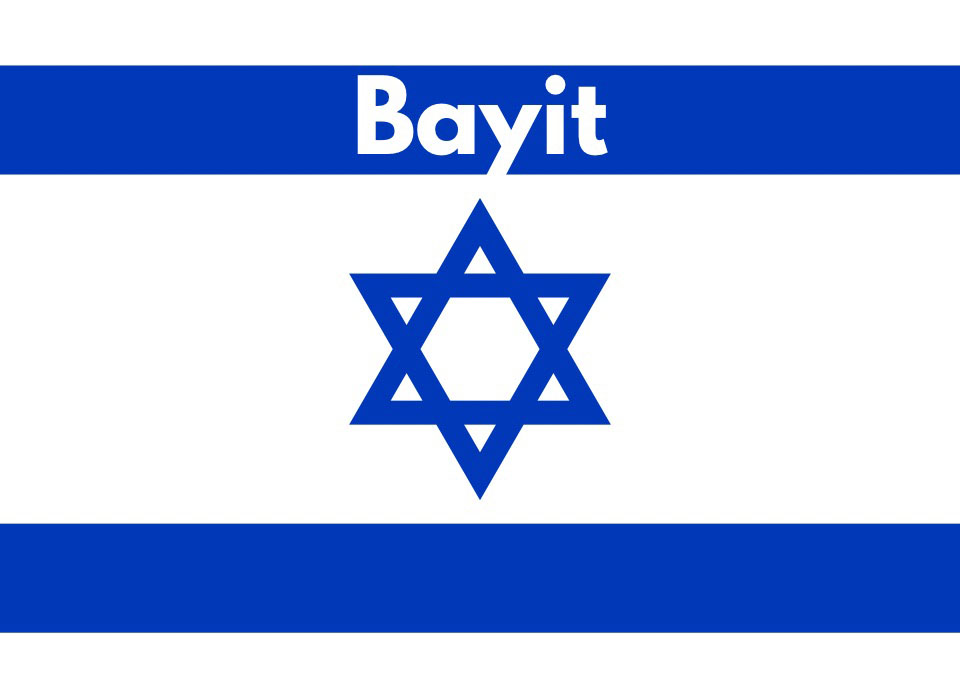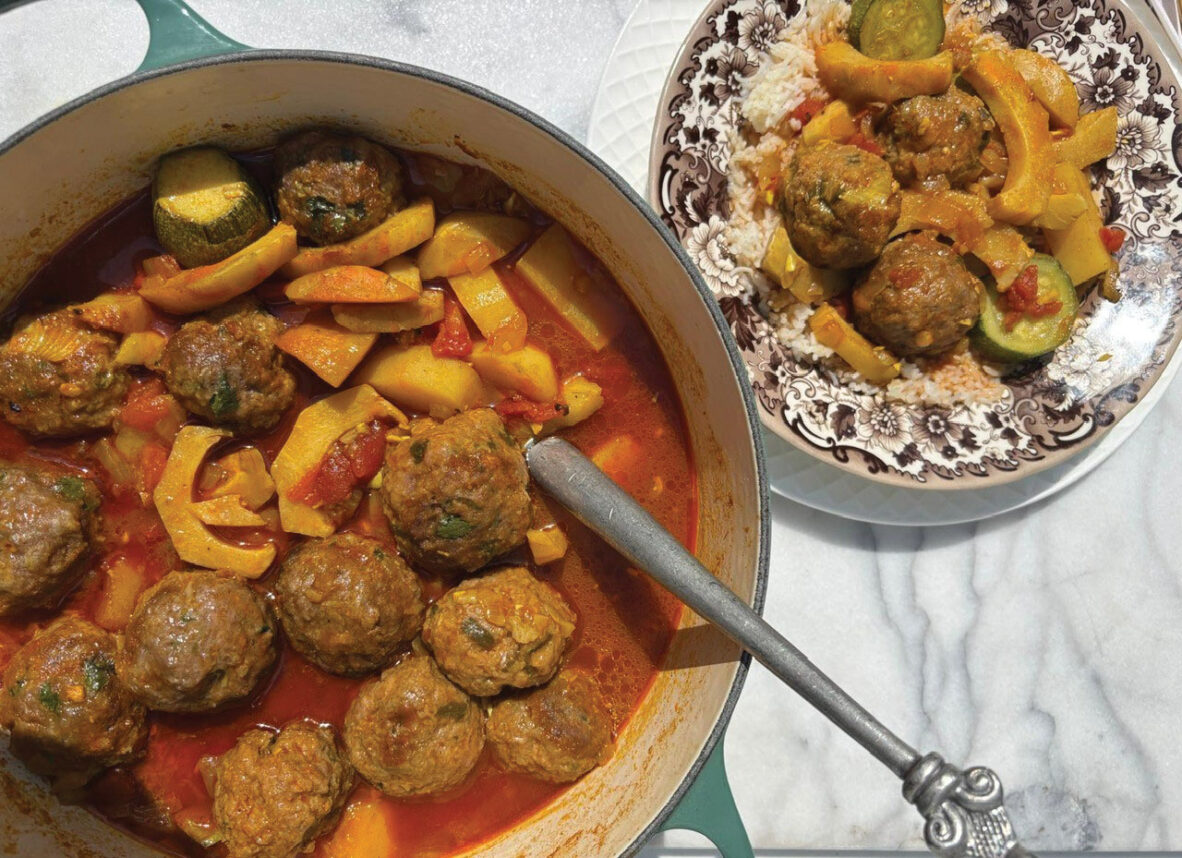The hunt for matzah stretched beyond the afikomen this year. A matzah shortage this week left many Southern California shoppers driving to multiple supermarkets in search of the unleavened bread, which plays a leading role during Passover seders and is used throughout the week.
Linda Guss, a Valley Village resident, said her local Ralphs was totally out of matzah when she did her Passover shopping last week.
“The checkout lady said that this was happening at other stores as well. In all my years, I have never seen a grocery store completely out of matzah,” she said.
Shortages have been reported across Southern California, but the problem isn’t confined to the Southland. The Bay Area and Reno have also reported shortages, and supplies are limited in Portland, Ore.
Ralphs did not return calls seeking comment. A Vons and Pavilions representative said the chain hadn’t been affected, but calls to several area stores found no stock at press time Tuesday. Trader Joe’s and some Costco stores did not carry matzah this year, and representatives from Gelson’s and Whole Foods say their supplies are dwindling.
“Unfortunately, due to a manufacturer issue, there has been a shortage on matzah this year, which has impacted our stores,” Whole Foods spokesperson Shawn Glasser said.
Construction issues and problems with a new state-of-the-art oven at Manischewitz’s only plant in Newark led the company to announce it wouldn’t produce Tam Tams and other kosher-for-Passover products this year, including its flavored matzah lines. Instead, the company focused on unsalted, whole wheat and egg matzah. In late January, R.A.B. Foods Group, Manischewitz’s parent company, sent a memo out to distributors listing which products would not be available, adding that its plant would work around the clock to produce Passover products.
“The last few months have been difficult; we are now heading in the right direction. We appreciate your patience and support, look forward to serving all of our customers with our full line of quality products and will work very hard to win your confidence back with improved service in the future,” the memo stated.
While rising food prices and mounting global food shortages are not to blame for the shortage this year, David Rossi, Manischewitz’s vice president of marketing, told the New Jersey Jewish News that the company does expect prices to rise in 2009 once its wheat contracts are renegotiated after Passover.
“We’re biting the bullet for this Passover,” Rossi said. “We’ll get through it and come out better.”
Streit’s West Coast distributor and other matzah manufacturers could not be reached for comment about the shortage.
Manischewitz spokeswoman Amy Stern said that production of kosher-for-Passover matzah ended in late March, and that retailers had up until the week before Passover to place their orders.
Los Angeles kosher markets contacted said matzah boxes still line their shelves.
A representative for the recently re-opened Glatt Mart said it still had a full selection of matzah. And Kosher Club owner Daryl Schwarz says his matzah supply hadn’t been affected.
“It’s purely a chain store problem,” he said. “We’ve got matzah!”

































 More news and opinions than at a Shabbat dinner, right in your inbox.
More news and opinions than at a Shabbat dinner, right in your inbox.